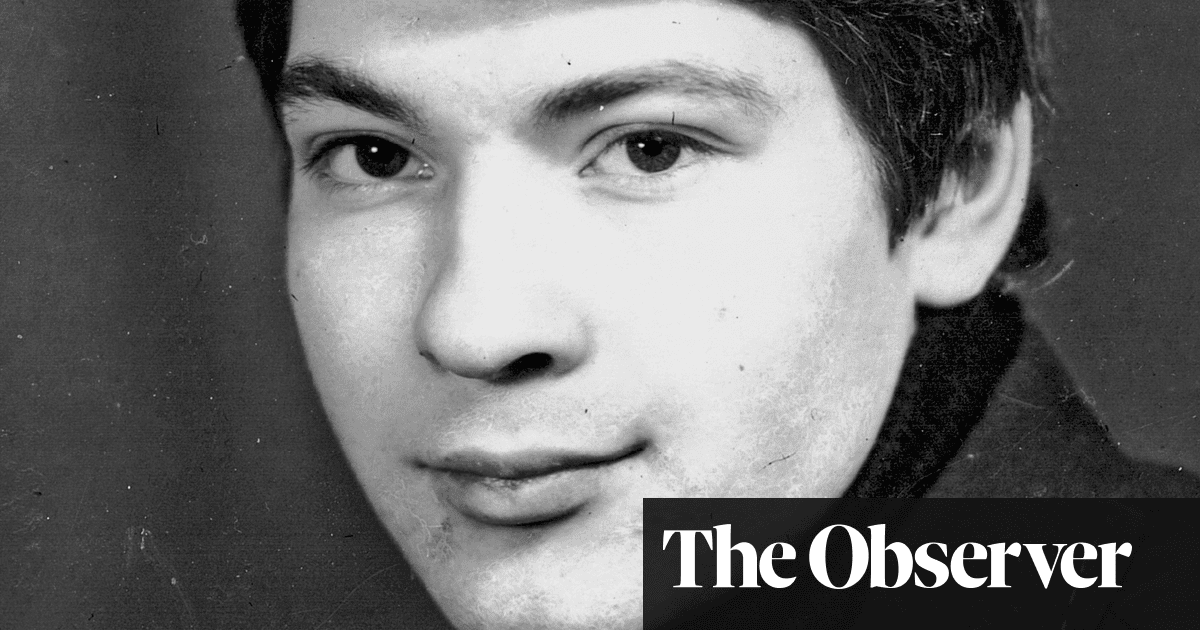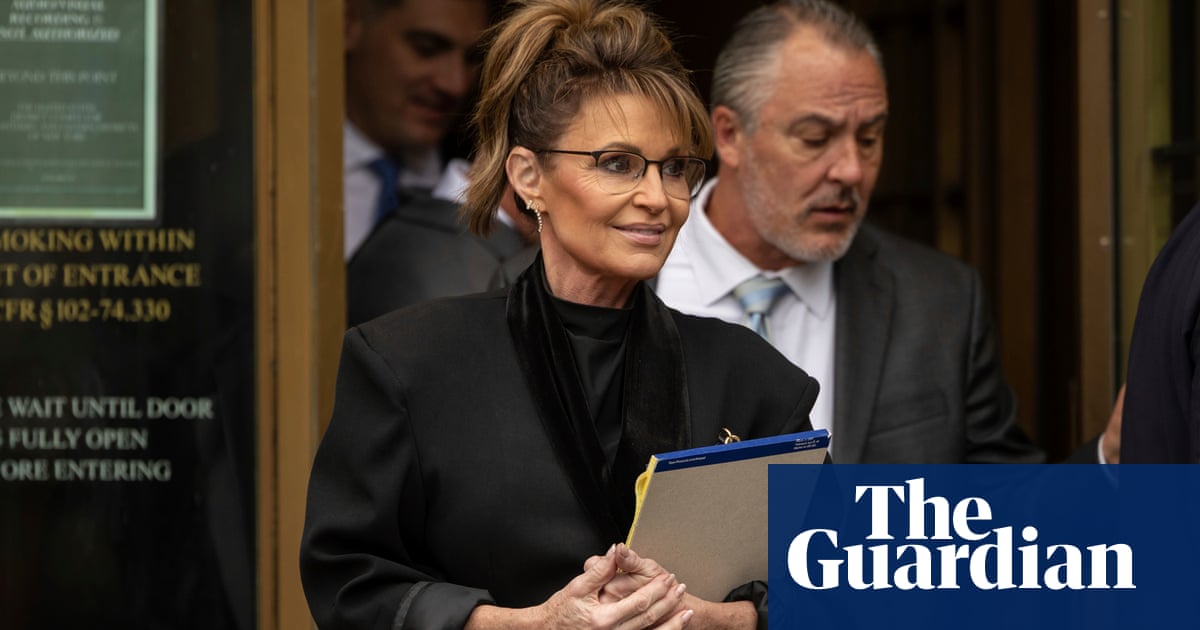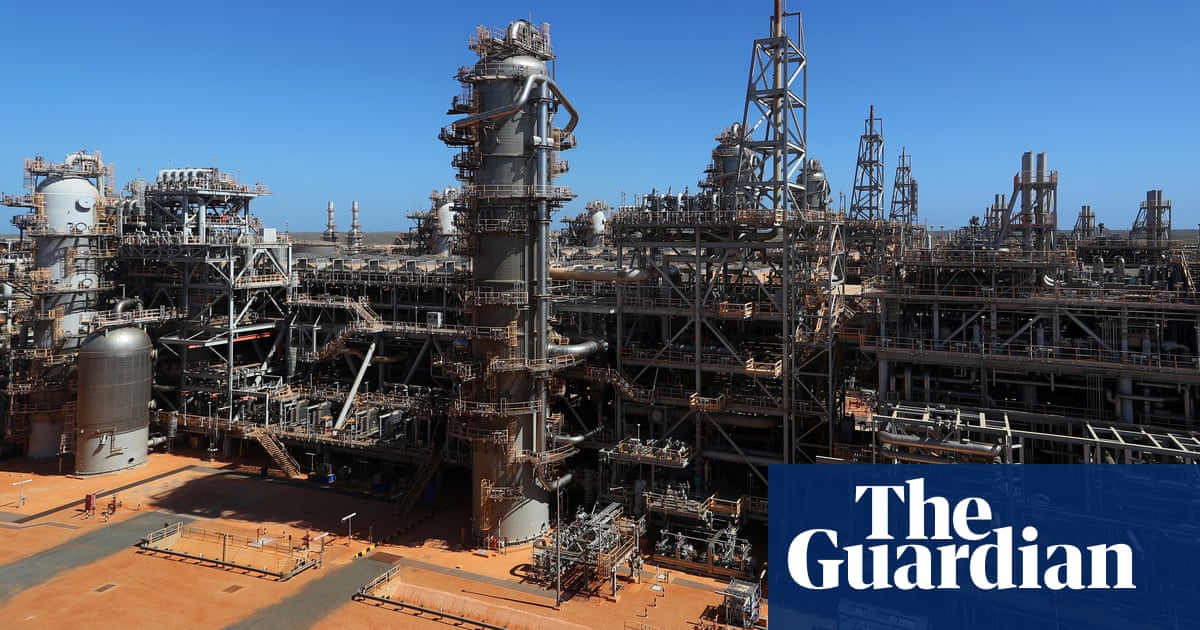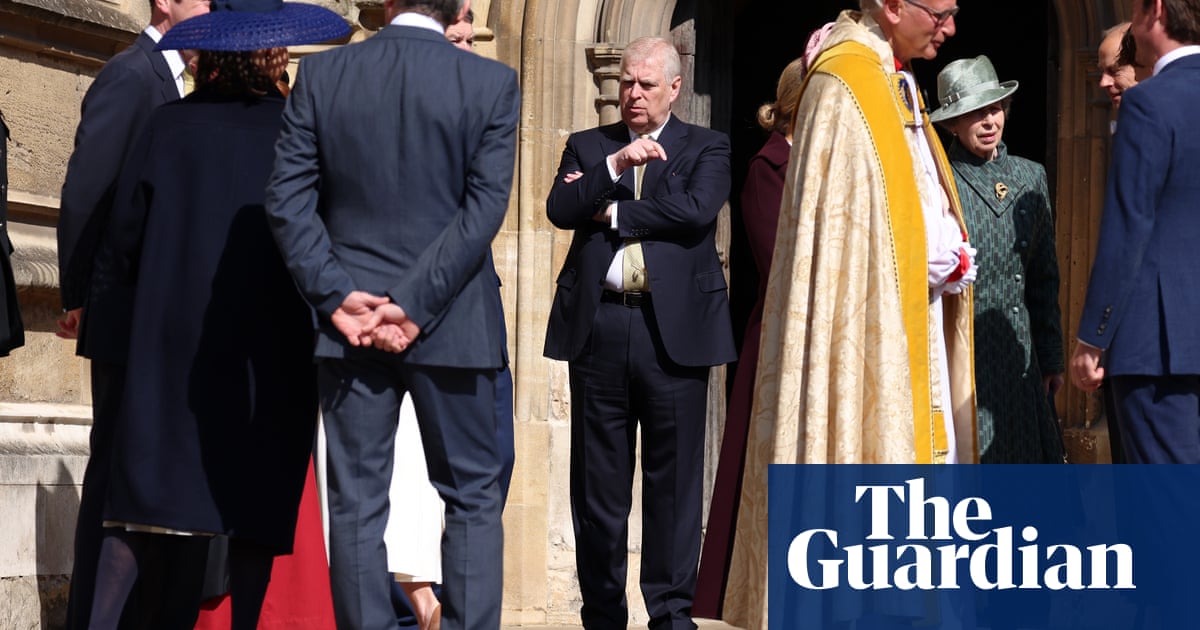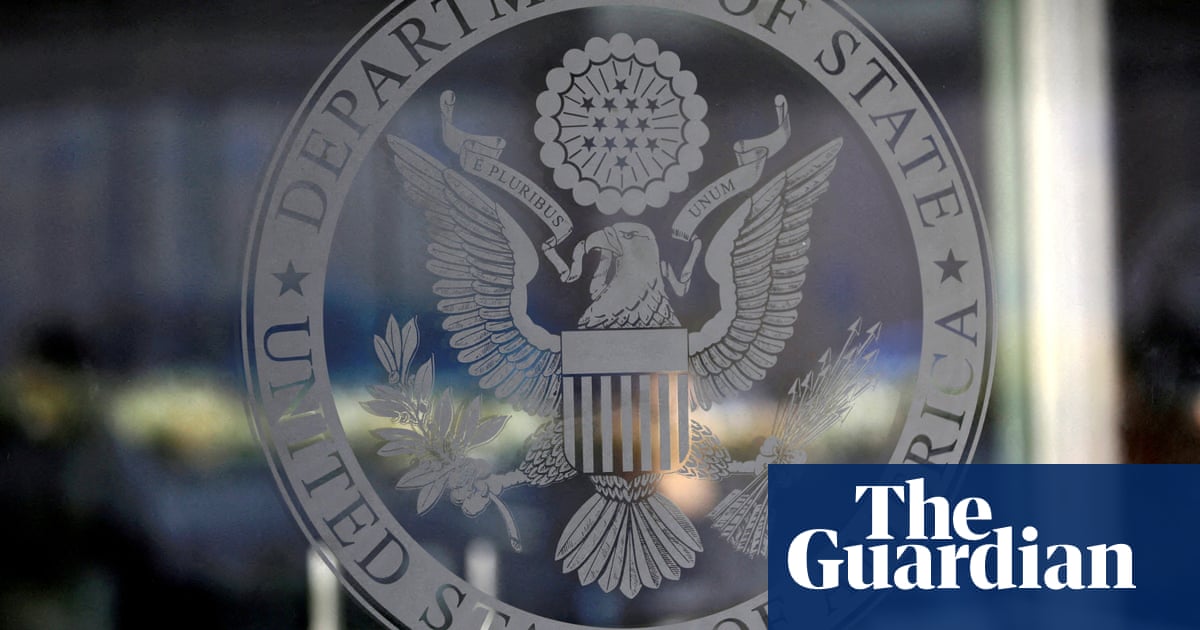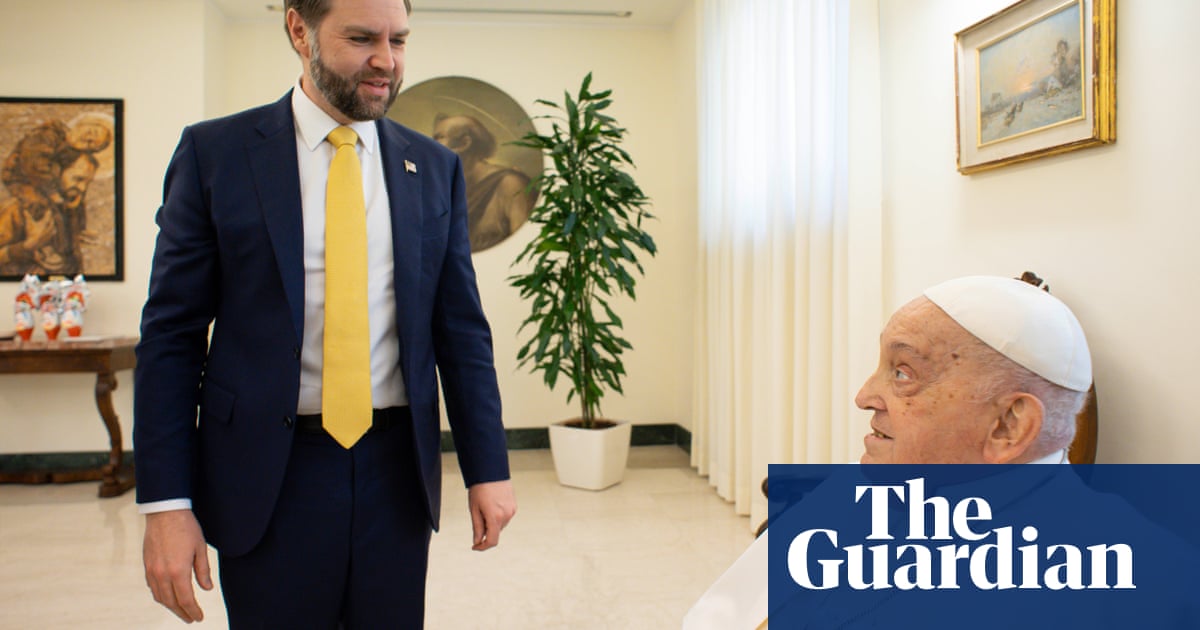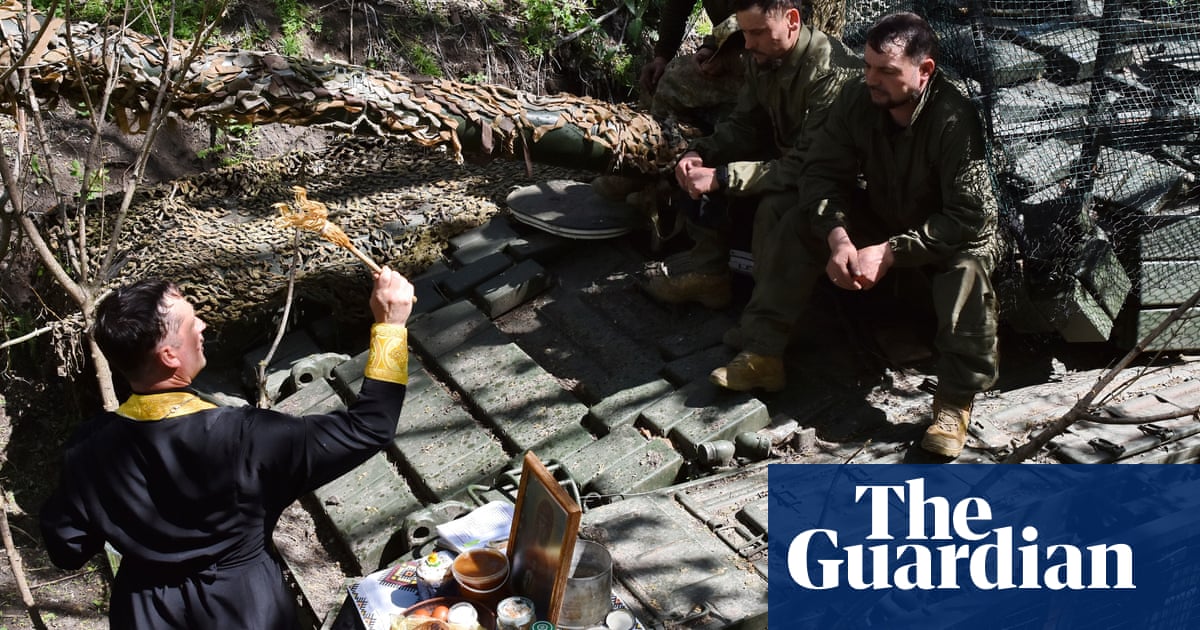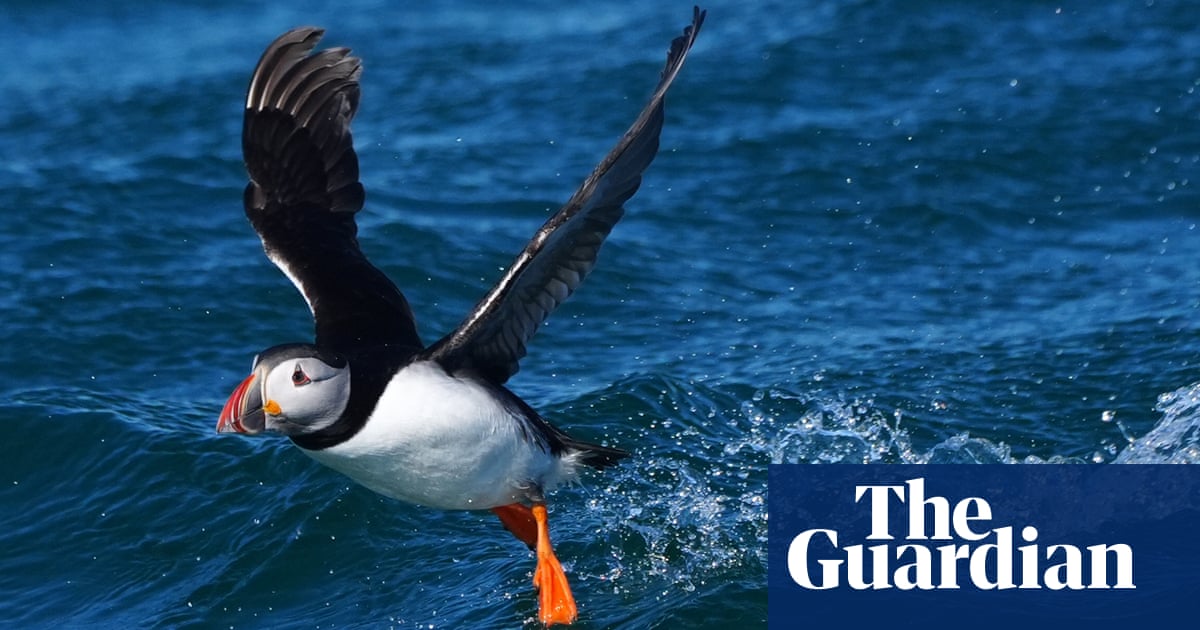Donald Trump’s silly season has already caused irreparable damage to United States national security. Despite not yet holding office for a minute, Trump has made it plain that in his second term the U.S. will be an unreliable partner swayed by his personal whim, that he has no respect for historic alliances and that he has contempt for the rule-based international order that the U.S. has led since the end of World War II to prevent the reemergence of catastrophic great power collisions.
Beginning with his “Merry Christmas to all” tweet that he wanted to seize the Panama Canal, Canada and Greenland, Trump has not relented in his absurd claims, extended to renaming the Gulf of Mexico the Gulf of America. His disdain for the sovereignty of independent nations—two of them NATO allies and Panama a fellow member of the Organization of American States—has undermined the credibility of opposition to Russia’s invasion of Ukraine and China’s ambition to grab Taiwan. The soft power of the U.S., ultimately based on its democratic example and respect for international order, has been tossed away by Trump’s fantasy Manifest Destiny that is simply the latest wrinkle in his isolationism. Hardly the Rough Rider, if Trump were acting as Putin’s or Xi’s agent he could not have kowtowed more for their benefit.
Some have suggested that Trump contrives his ludicrous claims as a distraction from his broken campaign promise to bring down prices that was the central basis for his election. “Inflation will vanish completely,” he pledged. Time and again, he stated: “We’re going to bring those prices way down.” Then, on December 12, he revealed that the core of his campaign was false all along. “It’s hard to bring things down once they’re up,” he said. “You know, it’s very hard.” He also acknowledged that his tariffs could spike inflation. “I can’t guarantee anything. I can’t guarantee tomorrow.” Oh, and, in his one truthful statement: “Things do change.”
One of Trump’s changes since the election in his endless three-card monte game is making Greenland into his new frontier, for “national security.” As a matter of fact, the U.S. military has operated its northernmost base in the Arctic Circle, the Pituffik Space Base, formerly the Thule Air Base, in Greenland, absolutely rent free in cooperation with our NATO partner since 1951.
Some speculate that Trump is engaging in Richard Nixon’s deliberately staged “madman” theory of intimidating people into accepting his terms, whatever those might be. Still others wonder if it’s all performative to keep his masses entertained with the show. His grandiosity is certainly a constant expression of his malignant narcissism. Attributing his atavisms of imperialism and blunt-force tariffs to a thought through theoretical exercise to return to the 19th century invents an intellectual acuity that does not exist.
On the other hand, it may just be that Trump is the susceptible one who repeats half-baked ideas he hears from billionaires richer than himself over burnt steak at Mar-a-Lago—in one ear and out his mouth without mental filtration and reasons added afterward like ketchup. The notion of purchasing Greenland, for example, originally was raised to him by Republican Party funder and cosmetics heir Ronald Lauder, an important art collector, including of German art of the Weimar period, who ought to know better than to be so irresponsible as to dangle a shiny object before Trump’s hooded eyes. Trump’s latest and inevitably doomed chief of staff Susie Wiles will be doing her job as his handler only if she can lock Trump in a soundless isolation booth. “God help us,” said former General John Kelly, a previous victim in the line of his helpless chiefs of staff, who ended up concluding that Trump is instinctively a “fascist,” about the prospect of a Trump second term.
If Trump’s dream were actually to come to pass, however, it would break the country’s political polarization and install Democratic governments for generations. Trump envisions Canada, the whole country, as “the 51st state.” But Canada has 10 provinces and three territories. For Canada to become part of the U.S., its Parliament, consisting of a Senate and House of Commons, would have to dissolve its federal nation. It would, moreover, have to end its connection to the Commonwealth of Nations of 56 independent countries that were British colonies still bound by economic and political cooperation. Canada could forgo leaving the Commonwealth if, as the price of admission to the U.S., the U.S. as a former colony joined. But that would require a constitutional amendment to acknowledge that King Charles III as head of the Commonwealth and the de facto rebuke of the Declaration of Independence.
Canada’s admission into the U.S. would come with at least 10 new states. That would mean that the Senate would add 20 new members and the House of Representatives about 57. In short, the Congress would become reliably Democratic by an insurmountable margin far into the future. Canadian style national health care would be one of the first items on the agenda.
Trump is easily the most unpopular public figure in Canada. If Canadians had been allowed to vote in the 2024 election, Harris would have beaten him by a 3 to 1 margin, according to a Canadian poll.
Only 13 percent of Canadians wish to become part of Trump’s U.S. Another poll showed that the news stories that make the majority “angriest” are about Trump’s winning the election and his proposal for tariffs.
If Trump were somehow to annex Greenland, a self-ruling autonomous part of Denmark, would it become a state? And why not? With a population of 56,000, the factor of its disparity in relation to Wyoming, with about 584,000 people, is only 10 times smaller, while Wyoming’s population is 66 times smaller than California’s, while it still receives two senators and one representative. Could admission as a state of the District of Columbia, whose population is about one-fifth greater than Wyoming’s, then continue to be stymied? That would add two more Democratic senators and a representative.
The state of Greenland would naturally increase the Democratic majorities. The prime minister, Mute Egede, also head of the Inuit Party, is a socialist in the European social democratic tradition. The Inuit tribe comprises the bulk of the Greenland population. Egede favors full independence for Greenland. In the face of Trump’s bluster, Egede has taken a statesmanlike approach. His government released a calming statement: “Greenland looks forward to working with the incoming US administration and other NATO allies to ensure security and stability in the Arctic region.”
The Greenland leader’s tone sharply contrasts not only with Trump’s, but with the Republicans on the House Foreign Affairs Committee, who tweeted a jingoist outburst on January 8: “Our country was built by warriors and explorers. We tamed the West, won two World Wars, and were the first to plant our flag on the moon. President Trump has the biggest dreams for America and it’s un-American to be afraid of big dreams.” This compressed historical illiteracy culminating in the seizure of Canada and Greenland and castigating criticism as treason was too embarrassing even for House Republicans, who deleted the tweet shortly after it was posted.
Trump’s Canada and Greenland escapade is a reverse twist on the plot of the 1959 satirical movie, The Mouse That Roars, starring Peter Sellers. In that screwball comedy, the Duchy of Grand Fenwick declares war on the U.S. in order to receive its munificent financial support. Through a series of ridiculous circumstances, the duchy gains control of a doomsday bomb, the Q-Bomb, becomes the greatest power in the world and the superpowers disarm their nuclear weapons. The bomb is really nothing but a dud, but that is kept a secret.
Peter Sellers plays the Duchess Gloriana XII, Prime Minister Count Rupert Mountjoy and General Tully Bascombe. Unfortunately, Sellers, who died in 1980, is unavailable to play three of Trump’s cabinet nominees.
-
Sidney Blumenthal, former senior adviser to President Bill Clinton and Hillary Clinton, has published three books of a projected five-volume political life of Abraham Lincoln: A Self-Made Man, Wrestling With His Angel and All the Powers of Earth

 3 months ago
46
3 months ago
46


